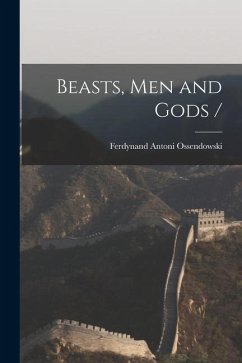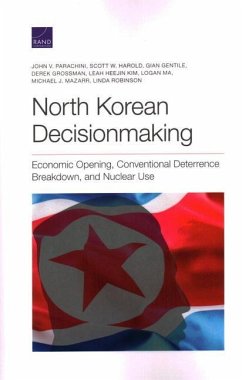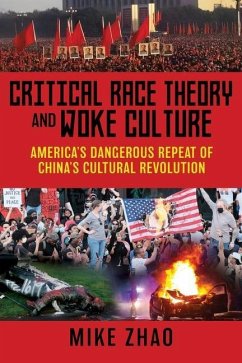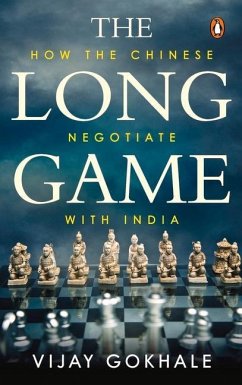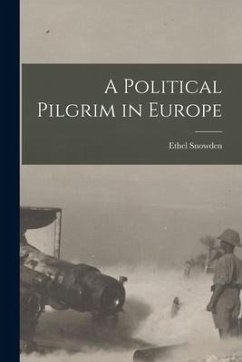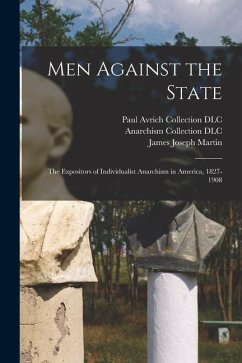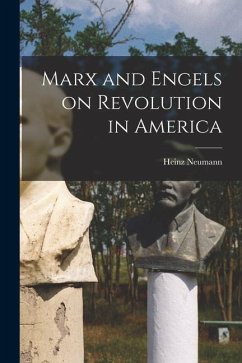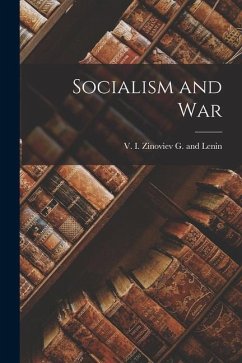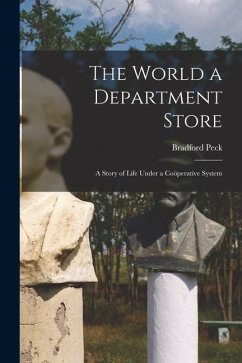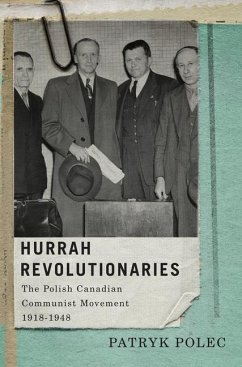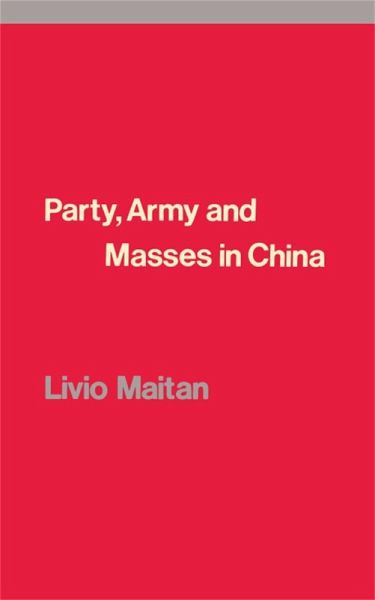
Party, Army and Masses in China
Versandkostenfrei!
Versandfertig in über 4 Wochen
31,99 €
inkl. MwSt.

PAYBACK Punkte
16 °P sammeln!
Assessments of the Chinese Cultural Revolution are usually Cold War indictments or glowing portraits of Maoism. Party, Army and Masses in China a classic account of the Chinese Revolution written by eminent Italian political scientist Livio Maitan, seeks by contrast to present an independent Marxist evaluation of the turbulent and contradictory development of China since the Revolution. Providing a full account of Chinese political developments from the start of the revolution in 1949, to the end of the Cultural Revolution, Maitan offers a perspective that is sympathetic towards the Chinese Re...
Assessments of the Chinese Cultural Revolution are usually Cold War indictments or glowing portraits of Maoism. Party, Army and Masses in China a classic account of the Chinese Revolution written by eminent Italian political scientist Livio Maitan, seeks by contrast to present an independent Marxist evaluation of the turbulent and contradictory development of China since the Revolution. Providing a full account of Chinese political developments from the start of the revolution in 1949, to the end of the Cultural Revolution, Maitan offers a perspective that is sympathetic towards the Chinese Revolution, yet critical of the State and Party that presided over it. Maitan's book provided the first coherent narrative account of the sequence of contradictory developments from the unleashing of the Cultural Revolution in 1966 to the disgrace of Lin Piao in 1971, and the re-emergence of such fallen leaders as Teng Hsiao Ping in 1974 - with the accompanying shifts from 'left' to 'right' in Chinese foreign policy. Balanced and cool in tone, Party, Army and Masses in China is a classic Marxist work now finally back in print for the fiftieth anniversary of the Chinese Revolution.



